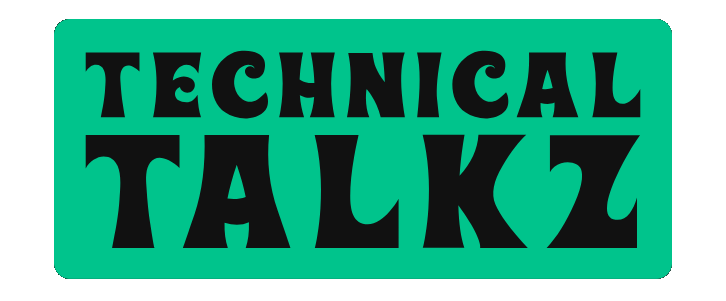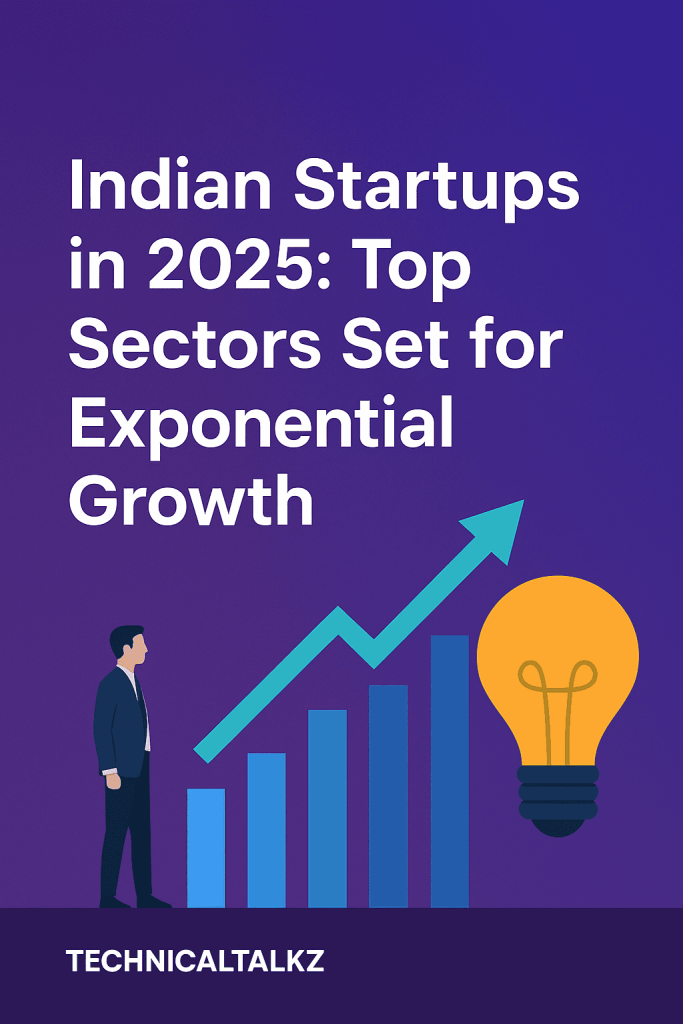India has transformed from a fledgling startup hub to a global innovation powerhouse, now ranking as the third-largest startup ecosystem in the world. With over 159,000 DPIIT-recognized startups spread across more than 670 districts, the country is producing unicorns faster than most mature economies.
In 2025, the conversation around Indian startups isn’t just about quantity—it’s about the quality of innovation and the strategic sectors attracting unprecedented attention from investors, policymakers, and tech giants. These sectors are not just thriving domestically—they’re also carving a place for India in the global tech map.
Let’s take a deep dive into the key startup sectors poised for exponential growth in 2025.
1. Generative AI & Legaltech: The New Wave of Automation
Generative AI (GenAI) has emerged as the most disruptive force in tech, and India is riding the wave with remarkable momentum. Between January and July 2025 alone, Indian GenAI startups attracted $524 million in funding—the highest in five years.
Startups like Sarvam AI, Nexus GPT, and Karya are leading innovations in natural language processing, AI-driven design tools, and domain-specific AI applications. GenAI is no longer confined to research labs; it’s being integrated into sectors like education, healthcare, marketing, and law.
Speaking of law, Legaltech has exploded in 2025, with funding surging 6,369% year-over-year to hit $107 million. AI is now drafting contracts, analyzing compliance risks, and assisting litigation preparation. For example, Indian startups are building AI-powered platforms that can process thousands of legal documents in seconds, cutting operational costs for law firms by over 40%.
This sector’s growth is fueled by the massive need for efficiency in India’s vast and complex legal system—making Legaltech one of the most investable niches this year.
2. Fintech & Digital Payments: India’s UPI Dominance
India’s fintech industry is a juggernaut—already boasting 26 unicorns valued at $90 billion—and it’s nowhere near slowing down. With 87% fintech adoption (the highest in the world) and Unified Payments Interface (UPI) processing billions of transactions each month, India’s financial ecosystem is a case study for digital transformation.
In 2025, fintech startups are moving beyond payments into AI-driven credit scoring, decentralized finance (DeFi), embedded finance, and cross-border remittances. Artificial intelligence is being deployed to underwrite loans for India’s unbanked population, a market worth hundreds of billions.
By 2029, the Indian fintech market is projected to reach $421 billion, with AI and generative AI at its core—helping banks and NBFCs reduce fraud, optimize lending, and deliver hyper-personalized financial services.
3. Deeptech & Advanced Manufacturing: Made-in-India Innovation
Deeptech startups—those working on space tech, fabless semiconductor design, robotics, advanced materials, and defense technology—are experiencing a funding boom. Venture capital firms like Accel and Speciale Invest are betting big on startups that own their intellectual property and can build globally competitive products.
In 2025, Speciale Invest closed a ₹600 crore ($72 million) fund specifically for 18–20 deeptech startups over the next four years. These include companies making satellite propulsion systems, AI-driven manufacturing lines, and defense-grade drones.
India’s manufacturing market is projected to reach $1.3 trillion by 2029-30, and deeptech innovation is set to be its backbone. With government initiatives like Make in India and Defence Production & Export Promotion Policy (DPEPP), startups now have both capital and policy support.
4. Data Centers & Cloud Infrastructure: Powering Digital India
With digital transformation sweeping across every industry, India’s data storage needs are exploding. The country’s data center capacity—currently around 0.9 gigawatts—is expected to double to ~2 GW by 2026, with market size growing to $8 billion.
Why the surge? Three main reasons:
- Data localization laws requiring sensitive data to be stored within India.
- Rapid 5G rollout boosting demand for low-latency computing.
- A booming SaaS industry in India needing robust hosting infrastructure.
Startups in this space aren’t just building infrastructure; they’re creating green, renewable-powered data centers to tackle the industry’s carbon footprint. This sector presents a goldmine for investors who understand the symbiotic relationship between digital services and physical data storage.
5. Agritech & Sustainability: Revolutionizing Farming
Agriculture employs over 40% of India’s workforce, yet the sector contributes only about 18% to GDP. Startups are stepping in to change that equation with IoT sensors, drones, satellite imaging, and AI-based crop prediction models.
India’s agritech market is set to hit $24 billion by 2025, with sub-sectors like precision farming, agri-financing, and supply chain optimization growing fastest. Satellite-driven platforms now help farmers detect crop diseases early, optimize irrigation, and improve yields by up to 30%.
The sustainability angle is equally important—many agritech startups are developing climate-resilient crop solutions and water conservation systems to combat the effects of climate change.
6. Healthtech & Biotech: AI Meets Medicine
The biotech industry in India is valued at $80 billion and is expected to nearly double to $150 billion by the end of 2025. This growth is powered by government funding (₹9,200 crore under Bio-RIDE) and advances in biomanufacturing, vaccine R&D, and genetic engineering.
Healthtech startups are transforming diagnostics, telemedicine, and surgery. AI algorithms can now detect early signs of diseases like cancer from simple scans. Robotic surgery systems developed by Indian companies are being deployed in both metro and tier-2 city hospitals, making advanced healthcare accessible beyond big cities.
The telemedicine market, catalyzed by the pandemic, continues to grow as AI-powered chatbots and remote monitoring tools make healthcare more proactive and preventive.
Our views on : India’s Tech Decade
2025 is not just another year for Indian startups—it’s the launchpad for the next decade of technology leadership. From AI-powered legal platforms to space-grade manufacturing, the breadth of innovation is staggering.
The sectors we’ve explored aren’t growing in isolation—they’re interconnected. AI will power fintech, cloud infrastructure will fuel healthtech, and deeptech will strengthen agritech. The key for entrepreneurs and investors is to see these intersections and seize the opportunities they create.
If current trends hold, India won’t just be a participant in the global startup race—it will be one of its defining leaders.



